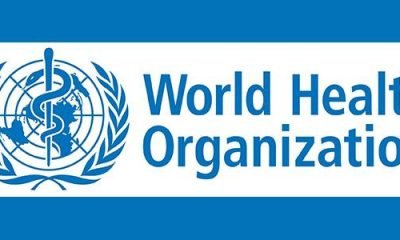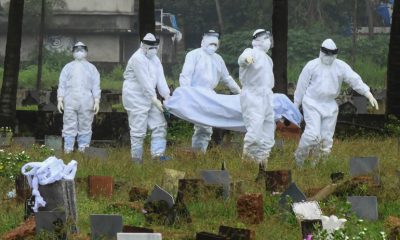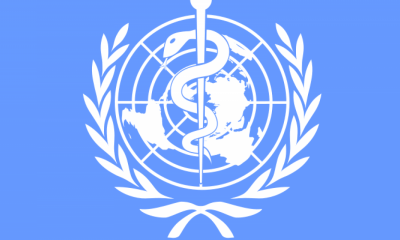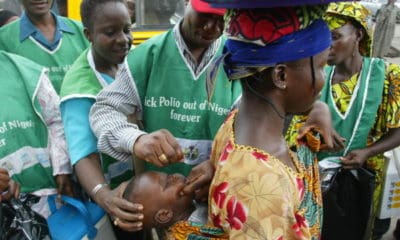Health
WHO Urges Caution Against Travel Restrictions Amid HMPV Outbreak
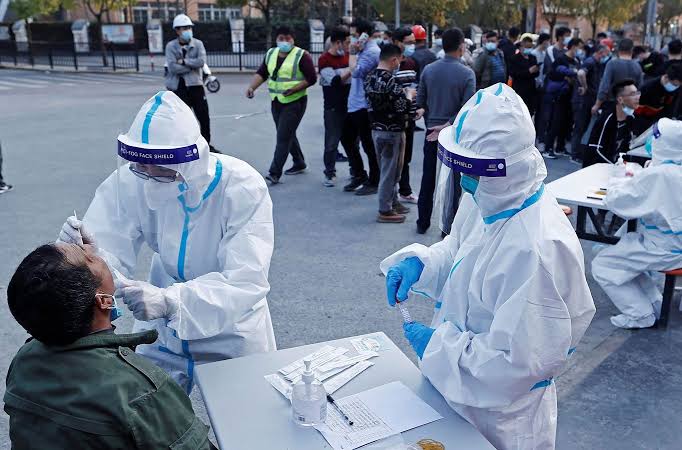
The World Health Organisation (WHO) has advised against imposing travel or trade restrictions in response to the recent outbreaks of Human Metapneumovirus (HMPV) in various parts of the world.
The organization also recommended preventative measures such as mask-wearing in crowded or poorly ventilated environments and frequent hand-washing to reduce the spread of the virus.
HMPV primarily causes upper respiratory infections, but in some cases, it can lead to more serious lower respiratory conditions like pneumonia, or exacerbate chronic illnesses such as asthma and chronic obstructive pulmonary disease (COPD).
The virus is more prevalent in the winter and early spring, with most individuals having been exposed to HMPV by the age of five.
Common symptoms of HMPV include cough, fever, a stuffy or runny nose, sore throat, wheezing, shortness of breath, and, in some cases, a rash.
WHO’s recent assessment of the HMPV situation across the Northern Hemisphere noted that the virus is particularly active during the colder months.
However, the organization also warned that the concurrent spread of other respiratory viruses like influenza could place a significant burden on healthcare systems, urging individuals to take extra precautions.
The WHO further emphasized that people with mild symptoms should stay home to rest, while those exhibiting severe symptoms or at higher risk should seek medical attention promptly.
Additionally, the global health body advocated for preventive measures like covering coughs and adhering to vaccination recommendations from healthcare professionals.
In its disease outbreak update, titled ‘Trends of Acute Respiratory Infections’, WHO highlighted the rise in respiratory infections in the Northern Hemisphere, particularly driven by influenza, respiratory syncytial virus (RSV), and mycoplasma pneumonia.
The organization noted that influenza activity is high in regions such as Europe, parts of Asia, and the Americas, while RSV trends have varied regionally, with a rise in North America and a decrease in other areas.
WHO reiterated the importance of maintaining robust surveillance systems and recommended continued vigilance, including public health measures like vaccination, mask-wearing in crowded places, regular hand hygiene, and staying home when feeling unwell.
These strategies are essential to mitigate the impact of overlapping respiratory infections during peak seasons.
The WHO pledged to monitor global respiratory illness trends and provide updates as necessary. In China, which has also seen an uptick in respiratory infections, the trend aligns with typical seasonal patterns.
The China Centre for Disease Control and Prevention has reported that influenza remains the leading cause of respiratory infections, with HMPV and RSV contributing as well.



